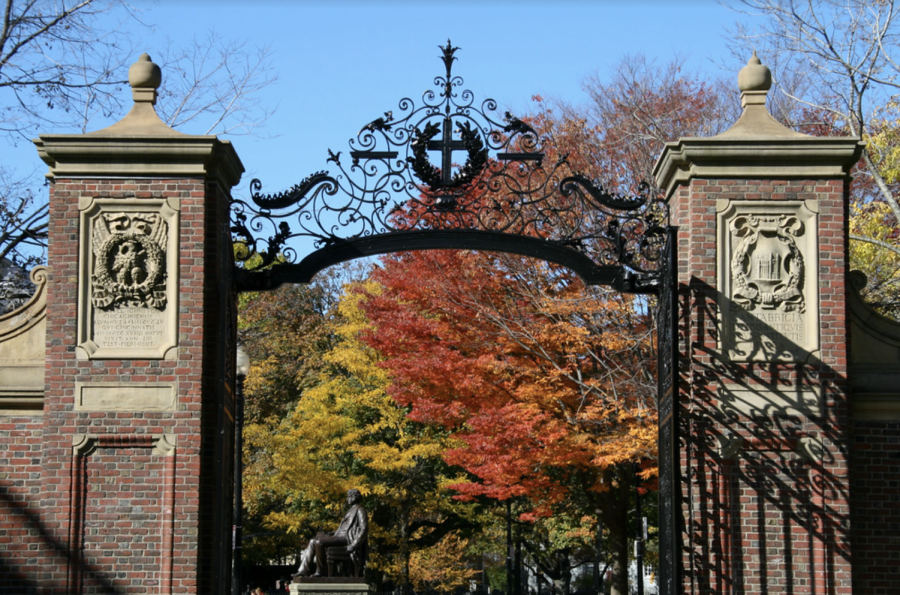Not-Yet-Affirmed Action
Why are affirmative action policies in Harvard and UNC being challenged?
Harvard is one school being sued by Students for Fair Admissions, an organization trying to get rid of race-conscious affirmative action policies.
The conservative supermajority in the Supreme Court has challenged many policies, suggesting that affirmative action may be next. Defined as the practice of maintaining a policy within an organization with the aim of including people from underrepresented groups, affirmative action has come under fire recently after lawsuits were filed against Harvard and the University of North Carolina (UNC) concerning their race-conscious admissions policies.
The cases, brought by Students for Fair Admissions, argue that by favoring Black, Hispanic, and Native American applicants, the schools discriminate against white and Asian students. The nonprofit organization, founded by Edward Blum, aims to “eliminate race and ethnicity from college admissions,” according to the website. Mr. Blum insisted in a statement that “every college applicant should be judged as a unique individual, not as some representative of a racial or ethnic group.”
But the president of the Lawyers’ Committee for Civil Rights Under the Law, Damon Hewitt, has a different opinion. “Race-conscious admissions policies are a critical tool that ensures students of color are not overlooked,” he said in a recent statement, “in a process that does not typically value their determination, accomplishments and immense talents.”
In 2016, the court made a decision to uphold programs similar to those of Harvard and UNC. But in the past four years, the court has become increasingly conservative, which could affect the outcome of the cases.
However, it’s not just the Supreme Court that could have a majority in favor of the ban. According to a 2019 Pew Research Center survey, 73% of all adults who shared a response thought that race should not play a part in admissions. Of those surveyed, 58% of Asian respondents, 65% of Hispanic respondents, 62% of Black respondents, and 78% of white respondents reported that race shouldn’t be a factor in admissions.
A decision on these cases will likely come in spring or summer of 2023, according to the New York Times. Until then, “we should all strive to do the best we can to ensure everyone has equal access to a good education,” according to Lilian Franqui (‘25), a student representative for DEIJ.

Lucy is a senior and Lead Content Editor for The Tower. This is her fourth year on the staff and second on the editorial team, and she can’t wait to...








Grandpa • Mar 12, 2022 at 7:55 AM
Well said Ms Mareck and my Lily Billy
Love Grandpa